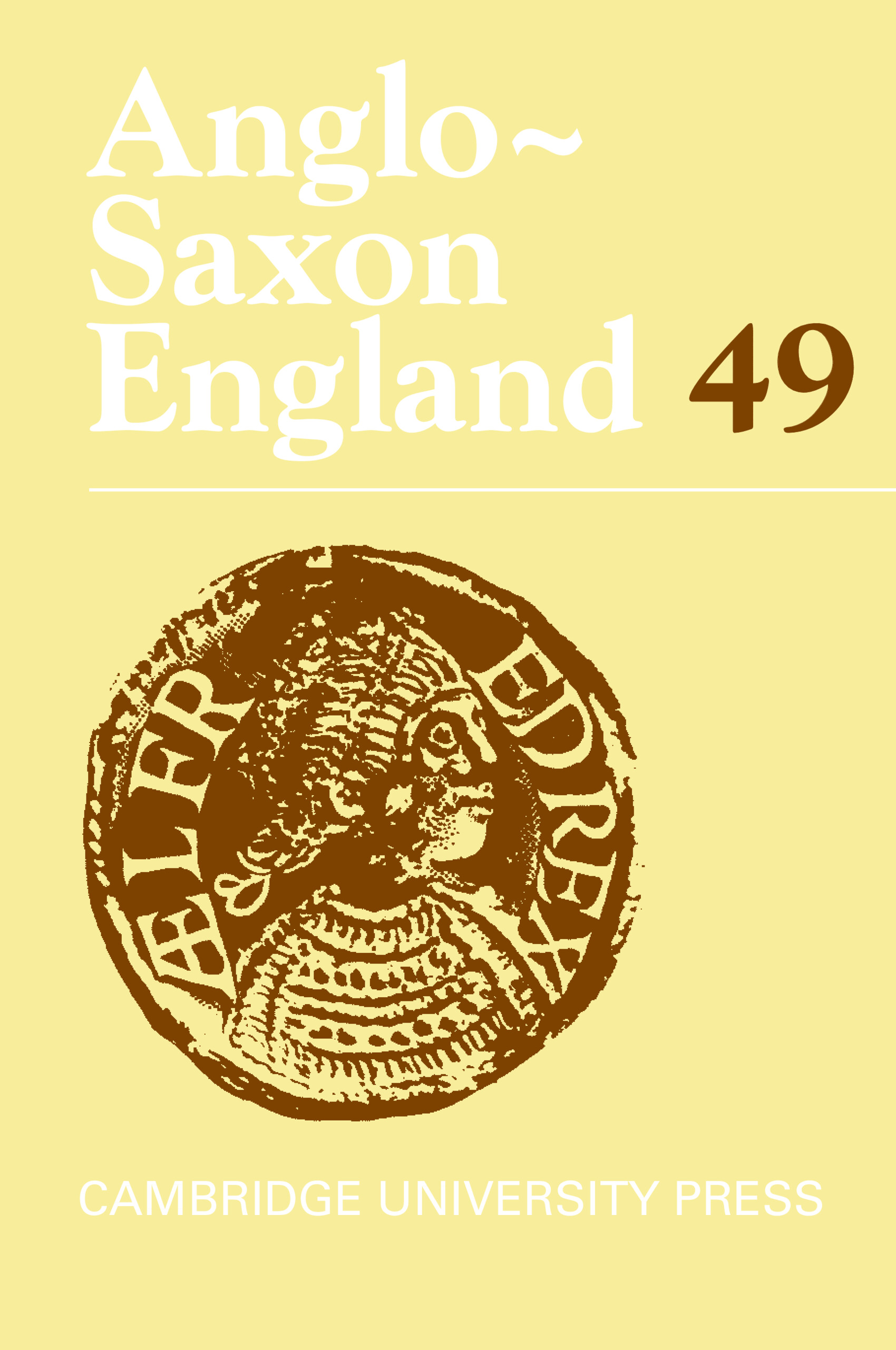Article contents
On argumentation in Old English philology, with particular reference to the editing and dating of Beowulf
Published online by Cambridge University Press: 12 August 2004
Extract
If poststructuralist literary and cultural theory does not pervade Anglo-Saxon literary studies as thoroughly as it does scholarship in later periods, as it has sometimes been said, to a considerable extent the cause is surely the field's dependence on philology. Some see this as cause for regret. It may be, however, that philology is the field's greatest asset. Given the high value that recent literary studies accord textual alterity, Old English texts are of unparalleled worth in the English canon, since they are culturally the most removed. Philology is the set of protocols designed to mediate the cultural difference, making the language accessible and putting texts into a form that modern readers can comprehend. In making Old English studies resistant to the homogenization of critical methods apparent in later periods, philology perhaps represents the respect in which this field has most to offer literary studies at large, embodying a methodology for dealing with texts of a high degree of alterity.
- Type
- Research Article
- Information
- Copyright
- © 2003 Cambridge University Press
- 15
- Cited by


